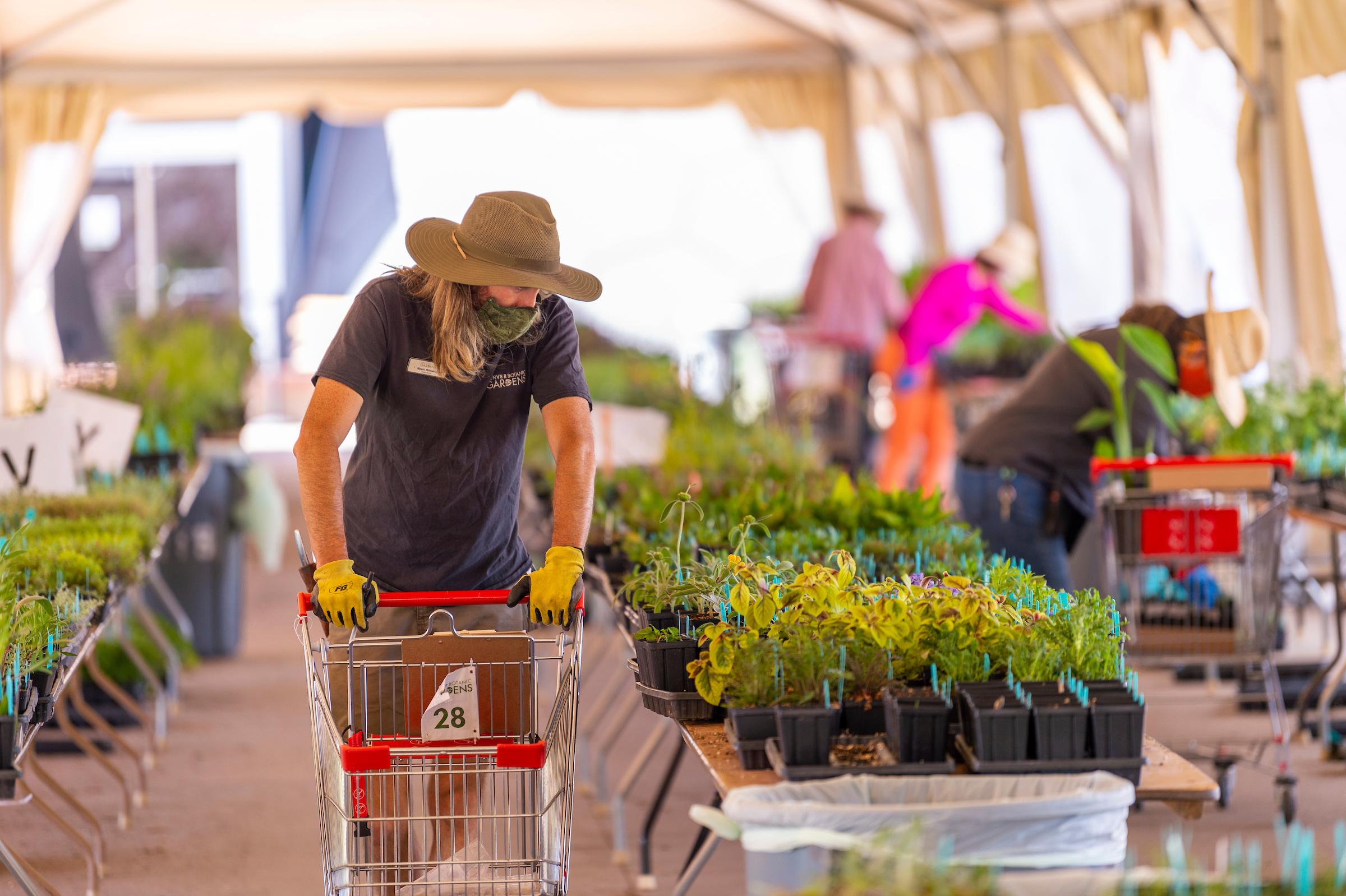
Local growers at Rose Roots Garden in Arvada were at work Wednesday making final preparations and tending to community garden plots before an intense cold front sweeps through the state.
Geremi Boom, who lives a couple blocks away from the garden, said she’s going to cover up some herbs she planted with a simple bed sheet. She pointed at other garden plots with more robust protection.
“A lot of people have these walls of water and that's probably around a tomato or a pepper. And that keeps the heat pretty well insulated,” Boom said.
The National Weather Service expects winter temperatures and light snow to start passing through the Front Range and mountain communities Thursday night. While the Denver metro area probably won’t see anything near the level of snowfall the foothills will get, the region will likely experience freezing temperatures, which would threaten newly planted spring crops.
Fatuma Emmad, the executive director at Frontline Farming, said amateur farmers should take the upcoming weather seriously if they want to keep their crops alive.
“My recommendations are to stop planting,” she said. “If you have any plans to plant right now, pull your plants in and take care of them.”
For those with plants already rooted and outside, Emmad said there are easy precautions worth taking.
“Mulch your best around it, or straw them – particularly tomatoes for home gardeners. You could think of putting a bucket over it. Anything you could do to buffer those plants [will help],” Emmad said.
Hardware and outdoor gardening shops often sell frost protection products, like crop blankets and other types of cover. People with young trees should consider wrapping their trunks with towels, cardboard or pipe insulation.
Emmad said tomatoes, peppers and other common nightshade plants are particularly vulnerable to freezing. Hardier vegetables, like broccoli and cabbage, could survive temperatures that drop as low as the 20s.
But even with precautions, Emmad said farmers should prepare for losses.
“The good thing is that we're still on an early side of planting and I would prepare myself to replace any plants that you lose beginning on Monday,” Emmad said. “You still have two weeks that puts you in good time to get your summer crops in.”
If frost does damage plants, it’s usually best to wait until they start growing again before removing damaged leaves or branches. Damaged stems can be fully pruned, but people should be careful not to accidentally remove any that survive the cold spell.








